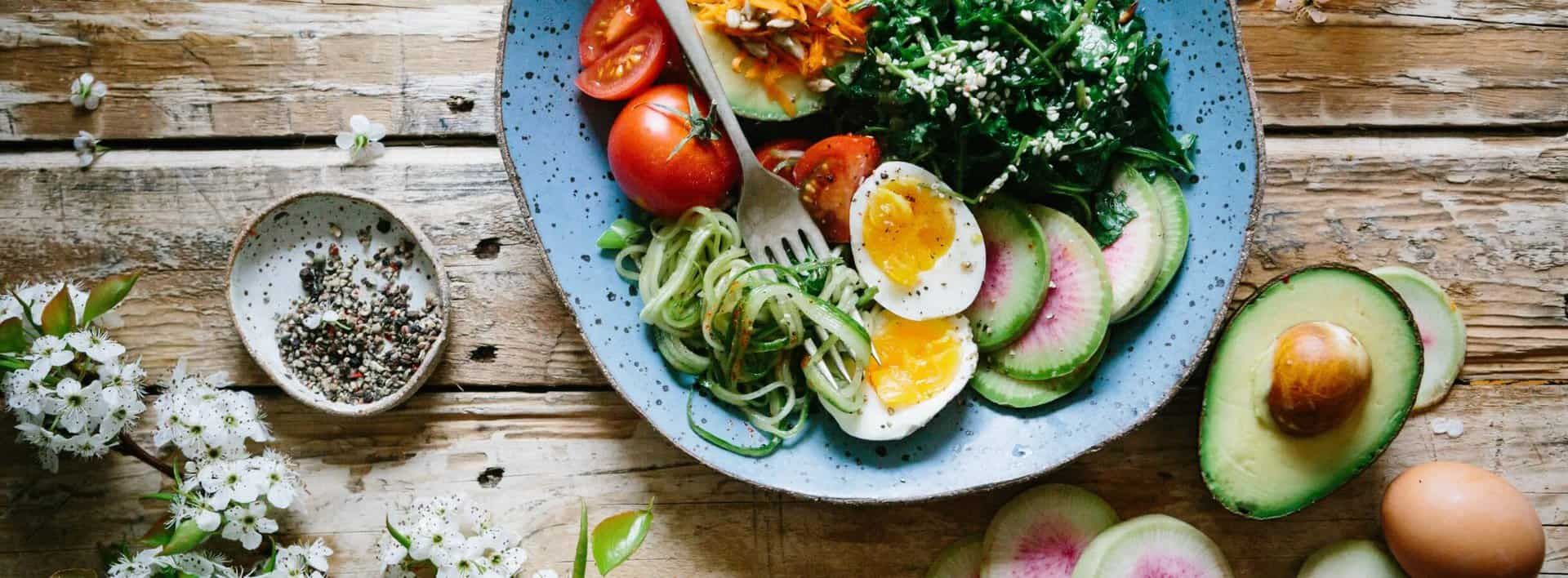How to Create a Recovery Self-Care Plan

Why Writing Down a Self-Care Plan is Essential in Addiction Recovery
Making room for self-care practices in addiction recovery is not only helpful, it is essential. Far too often, when we are in the greatest moments of suffering, we find ourselves more prone to ignoring or harming ourselves rather than loving and nurturing ourselves. In the throws of addiction, self-care gets thrown to the wayside. Setting the intention to practice self-love and self-care instead of self-neglect or self-harm is a powerful way to build a foundation from which we can heal from addiction and thrive in recovery.
So why write it down?
Writing down a recovery self-care plan is important for a number of reasons. Sometimes we need that reassurance that it is ok to put ourselves first, that it is not selfish to take care of ourselves, and that we are worth the time, energy, and money we invest in ourselves. And sometimes that reassurance has to come from within.
We have to remind ourselves, over and over, that we are valuable and important, and that our self-care is an essential part of our overall health. When we put something on paper, we hold ourselves accountable. We make a deal with ourselves that is visible, tangible, and alive in the world outside of our own brains.
Having a tangible, written down recovery self-care plan also makes it way easier to implement, especially in moments of crisis. When we are depressed, panicking, or triggered, the last thing our brains want to do is to try to figure out a way to feel better. If it feels like too daunting a task, that’s because often times, it is. Having a healthy list of self-care options ready to go takes the pressure off of figuring it out in the moment.
Lastly, when you put the intention into writing your recovery self-care plan down, you can make sure you cover all aspects of holistic wellbeing. Does your self-care list include caring practices for your physical, social, emotional, intellectual, creative, and spiritual selves?
For physical self-care, list out things that help keep your body healthy, such as nutrition, exercise, and sleep.
For intellectual recovery self-care, pay attention to your intellectual needs, such as consuming art, literature, and music. Learning something new, practicing a crossword, and staying up to date on matters that are important to you can all be mental self-care.
Emotional self-care is hugely important, and includes things such as using relapse prevention skills like DBT, mindfulness, and engaging in therapy. All the ways in which you calm your nervous system and work through difficult emotional experiences belong on your recovery self-care plan.
Social self-care includes time with friends, being an active part of your community, and relationships with others. Are you giving enough time to interacting with those whom you care about and nourish your soul?
Creative and spiritual self-care are highly individualized, and include practices such as creating art, journaling, playing music, gardening, meditating, praying, and being in nature.
If you are not sure what each of these parts of you need to thrive, making a list of possibilities is a way of listening to them.
So get started, and make it fun!
- Journal
- Meditate/pray
- Call _____________________ (list out all the people you can call and talk to, including crisis lines.)
- Run/hike/climb/etc
- Drop in to a yoga class, or practice for a few minutes at home
- Take a bath
- Try a guided mindfulness exercise
- Draw, paint, collage, or start another kind of art project
- Go for a walk and take pictures of little inspiring things
- Cuddle with a pet
- Cook a healthy meal
- Listen mindfully to music
- Keep a “smile file” online of cute videos and uplifting stories.
- Watch a funny movie.
- Try engaging your sense of smell with aromatherapy or simply lighting some incense.
- Give yourself permission to take a break from thinking about problems, and to let go of what is out of your control.
- Clean or organize some part of your home.
- Go window shopping.
- Curl up with a cup of tea and a good book.
- Build a fire.
- Pretend it is Thanksgiving and make a list of things you are grateful for.
- Ask your inner child what she/he wants to do for fun, and give it a try.
- Hang out with friends.
- Climb a tree.
- Try a small sensory grounding exercise.
- Try Aimless Wandering.
- Check out some Recovery Affirmations, and consider writing some of your own.
- Start a new craft project.
- Have compassion for whatever experience you are going through, letting go of judgment of your emotional process.
- Remind yourself that everything changes, and whatever is happening will pass.

